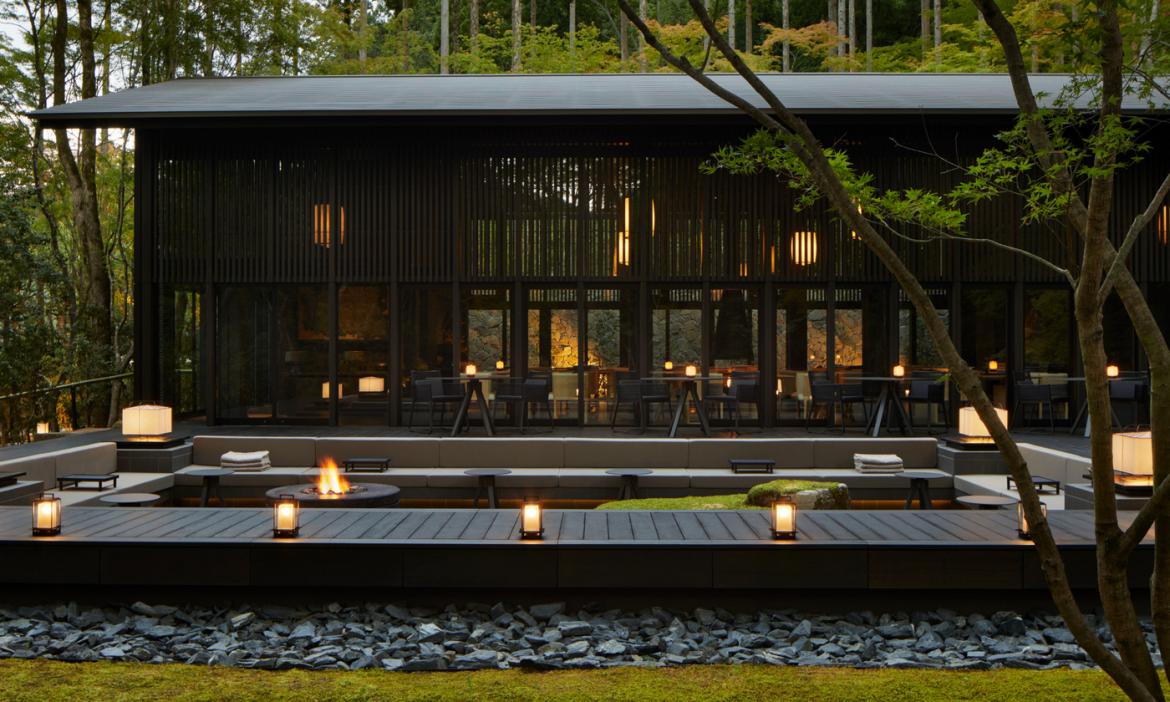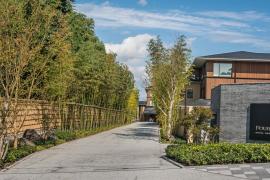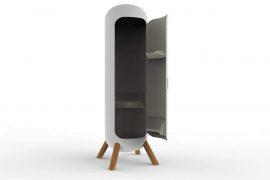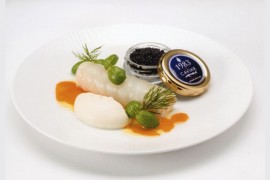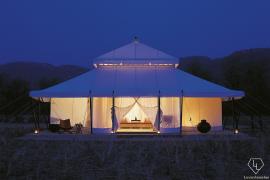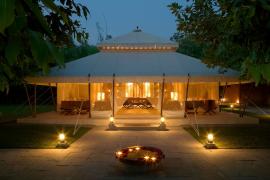The Japanese gardens are legendary, a craft that is almost musical. After the stunning Aman Tokyo and the scenic Amanemu, this is the luxury hotel group’s third destination in Japan for which Aman has chosen a 32-hectare forest in beautiful Kyoto, which will open doors to the world on Friday, November 1.
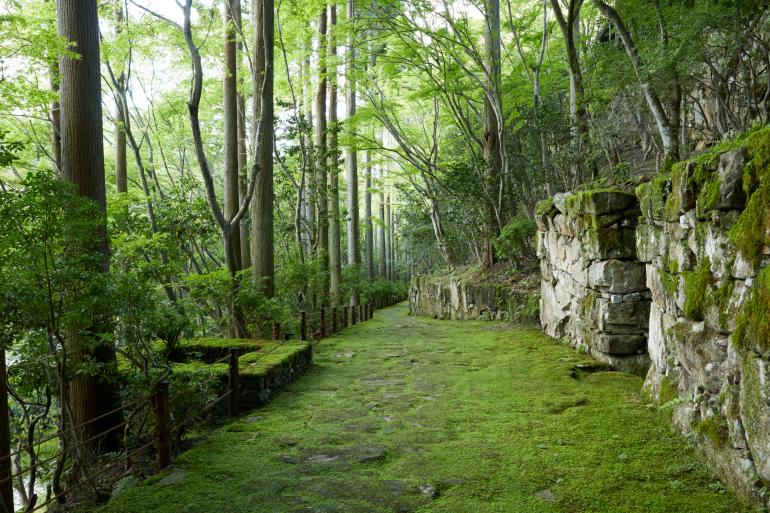
The new resort brings the mysterious trio of manicured gardens, winding forest trails on a wooden hill and the soft hum of a stream.
Within walking distance of the iconic UNESCO World Heritage Site of Kinkaku-ji Temple, and 16 other Heritage sites, Aman Kyoto is built on a site that was once owned by one of the nation’s most respected collectors of the obi (the ornamental sash used with the traditional kimono).
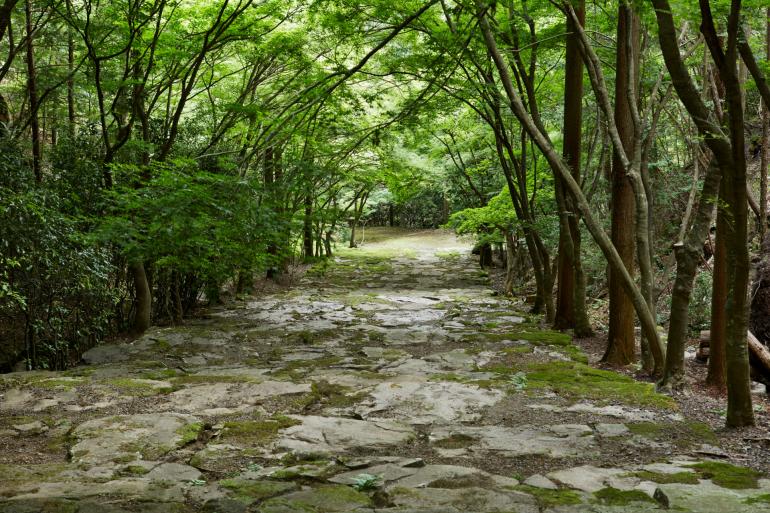
The landscape of the property was first conceived to be the garden of a textile museum featuring curved, moss-covered stoned pathways and stairways lined by yama momiji maples and kitayama-sugi (Japanese cedars). Rainwater collected from various caves and water tunnels at the premise is collected that is used to self-irrigate the garden.
The garden is named after the property’s architect, Kerry Hill, who also designed the Aman Tokyo and Amanemu. Here is a tour of the fascinating property in all its brilliance.
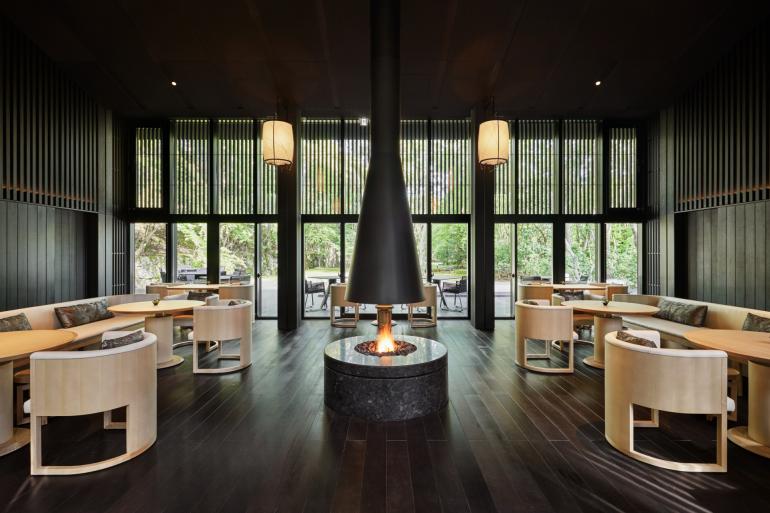
Aman Kyoto consists of latticed pavilions that is meant to symbolise the traditional Japanese ryokan inn. As minimalistically classy as the Japanese are, the interiors of the resort’s Living Pavillion is a display of craftsmanship by local artisans seen on the walls which are decorated with handmade raku tile panels.
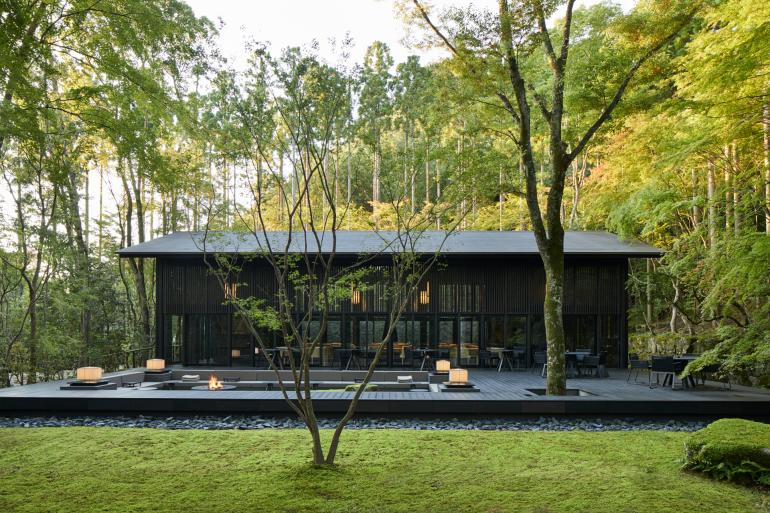
Aman Kyoto has six guest pavilions featuring 26 rooms in all. Each pavilion houses two en-suite bedrooms, separate living and dining areas, kitchen and tatami room. The accommodation features floor-to-ceiling windows, tatami mats covering the floors, and tokonoma (alcoves where items for artistic appreciation are presented).
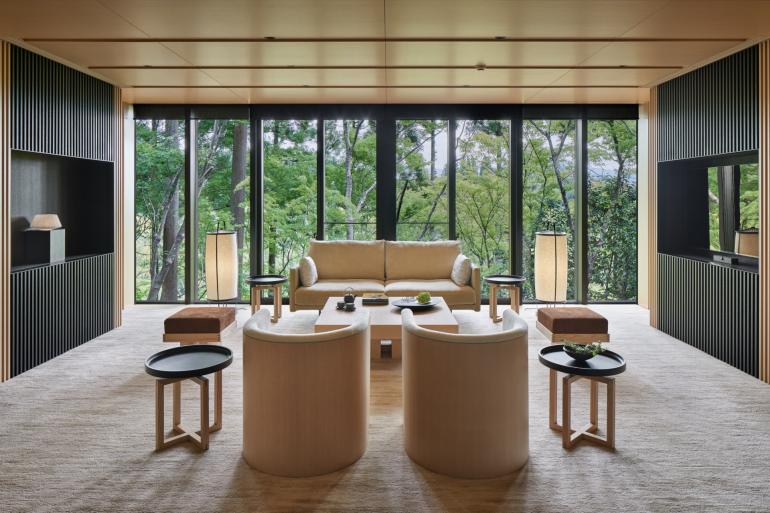
The room categories include two presidential suites located in the Washigamine and Takagamine Pavilions (named after two mountains in the surrounding parks of Kyoto), with garden views, and privacy.
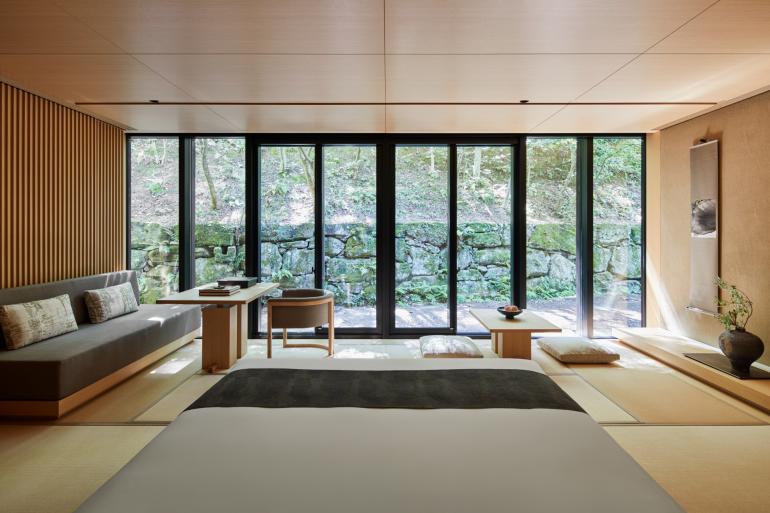
The remaining four pavilions – Susuki, Nara, Kaede and Hotaru have 68 square metre rooms, with floor-to-ceiling windows giving garden and forest views. Alarge ofuro bathtubs in each guest room have been crafted from hinoki cypress wood, native to central Japan.
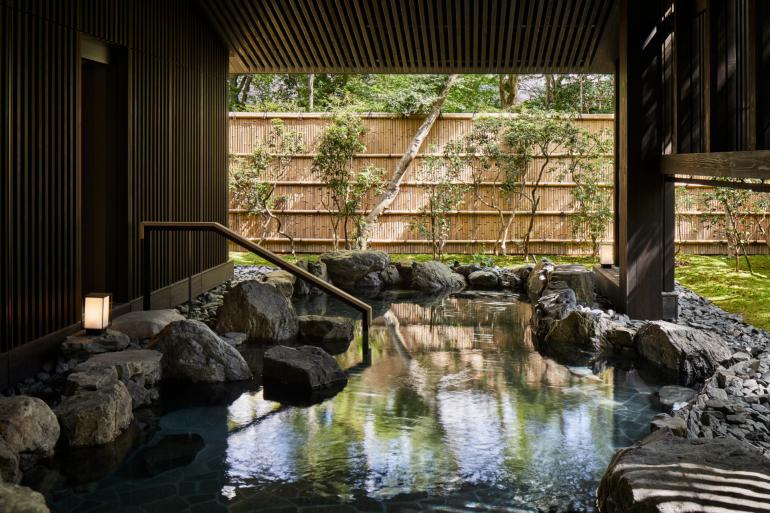
The Aman Spa offers Japanese holistic rituals such as Shinrin-yoku, the healing art of forest bathing or ‘taking in the forest atmosphere,’ bathing, breathing practice, Zazen meditation, consuming green tea, the physical practice of shiatsu, acupuncture and moxa set in the backdrop of a natural landscape. As well as this, the spa offers guided yoga and meditation too.
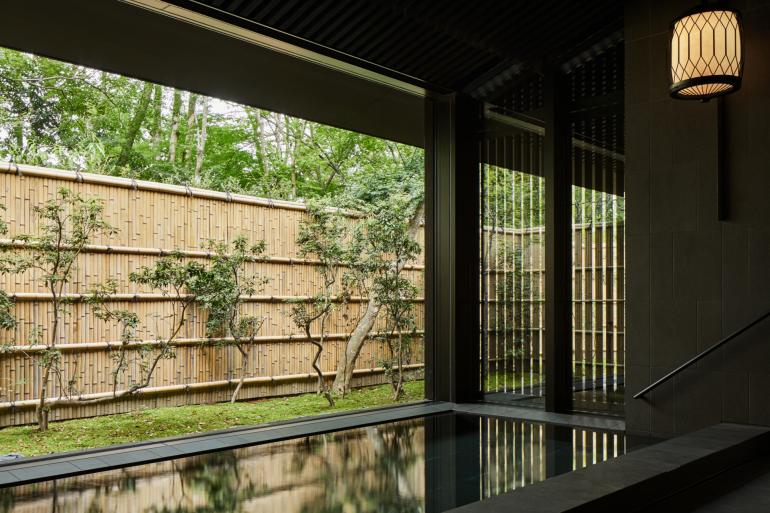
Traditional onsen bathing facilities, using the water from a local spring, is another one of the spa offerings at the property. The range of treatments include Kyoto green tea, Tamba kuromame (black beans), local saké, and cold-pressed tsubaki (camellia) oil.
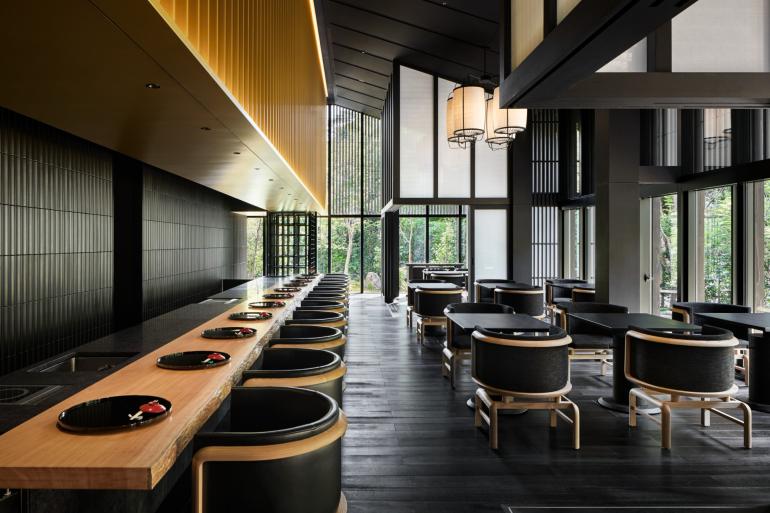
At the helm is Executive Chef, Kentaro Torii serving home-cooked Kyoto-style cuisine, and innovative Western dishes.
Taka-an, the resort’s Japanese restaurant, honours the legacy of artist Honami Koetsu (1558-1637), who helped shape the culture and creative life of Takagamine, the area in which Aman Kyoto resides, by creating an artists colony there.
Honami Koetsu was considered a national treasure of his time and was a craftsman, potter, lacquerer, and calligrapher and whose work is considered to have inspired the founding of the 400-year old Rinpa school of painting. Guests can explore the life of this 16th-century master calligrapher, craftsman and artist at the nearby Koetsuji Temple, and take a stroll in the gardens and gilded architecture of Kinkakuji, the ‘Golden Pavilion’, just a 20-minute walk from Aman Kyoto.
Other dining experiences include a daily afternoon tea with flower-like Wagashi, traditional Japanese confections made of mochi, anko and fruits. Kyoto matcha is freshly prepared and served as a finale. Guests are also encouraged to enjoy a personalised picnic hamper in the gardens and forested grounds.
Guests also get the chance to visit the tea fields of Uji, one of Japan’s largest tea-growing regions..
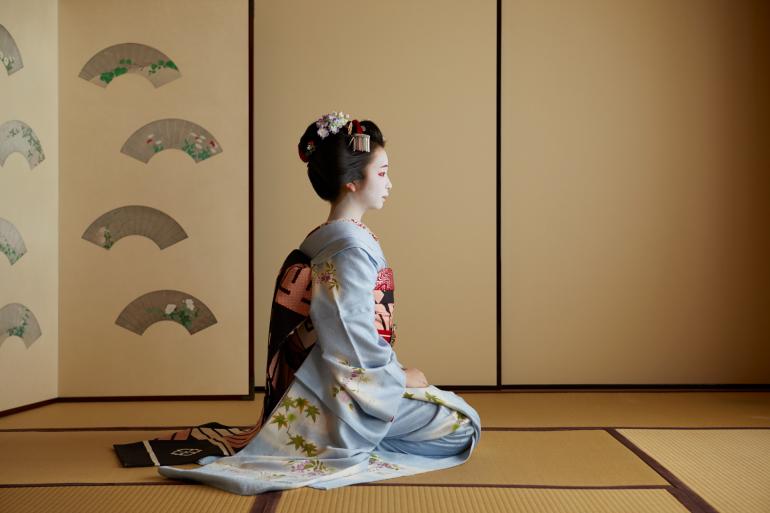
With a personal invitation to enter, Aman Kyoto guests can visit a traditional ochaya (teahouse) and spend time with a geiko (the Kyoto term for geisha) or a maiko apprentice, playing ozashiki, drinking tea and enjoy a dance performance and dinner in the Kamishichiken district, the oldest of Kyoto’s hanamachi – the ‘flower towns’ of the geiko and maiko.
Where: Aman Kyoto
1 Okitayama Washimine-Cho,
Kita-ku, Kyoto, 603-0000, Japan
Phone: +81 75-496-1333
